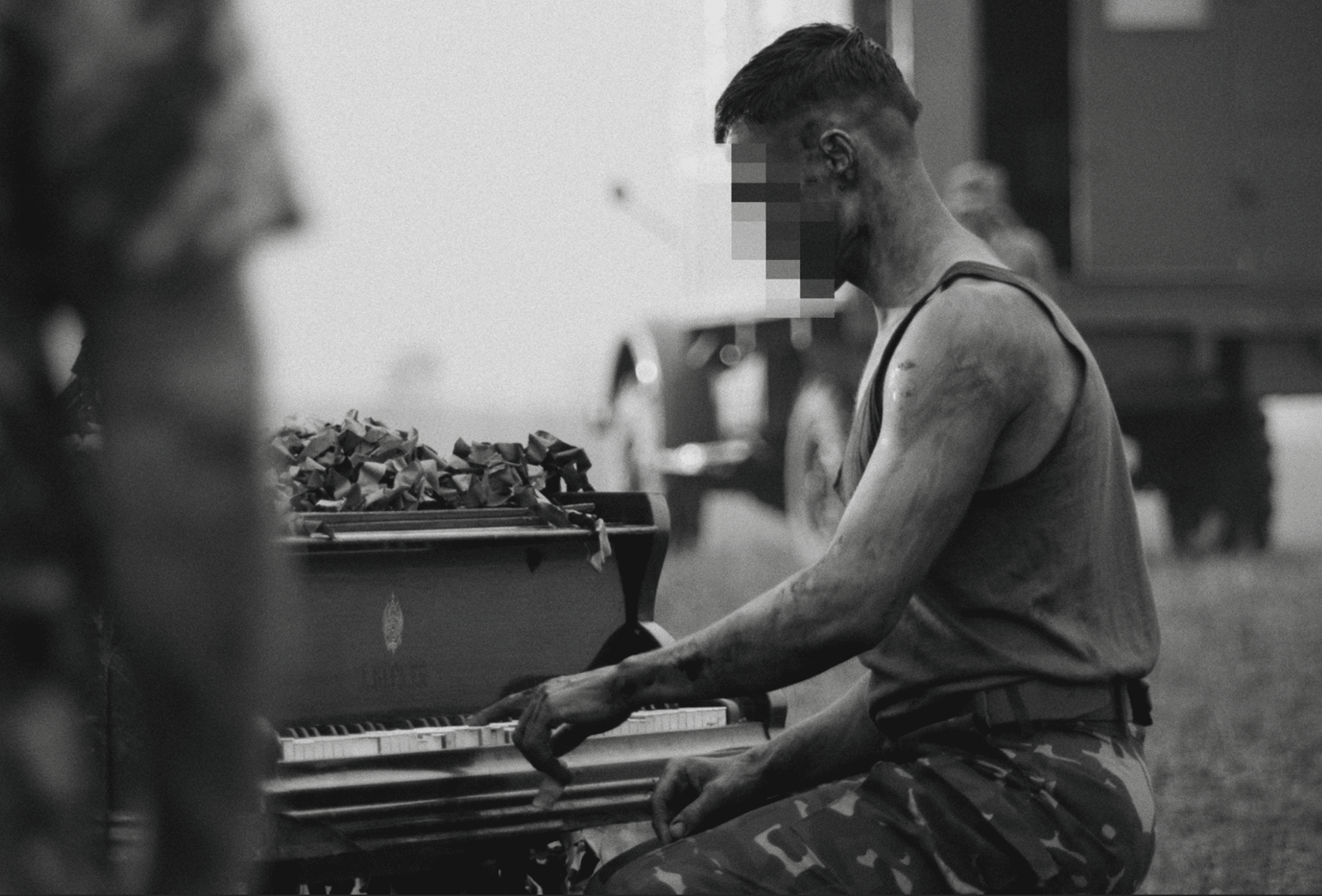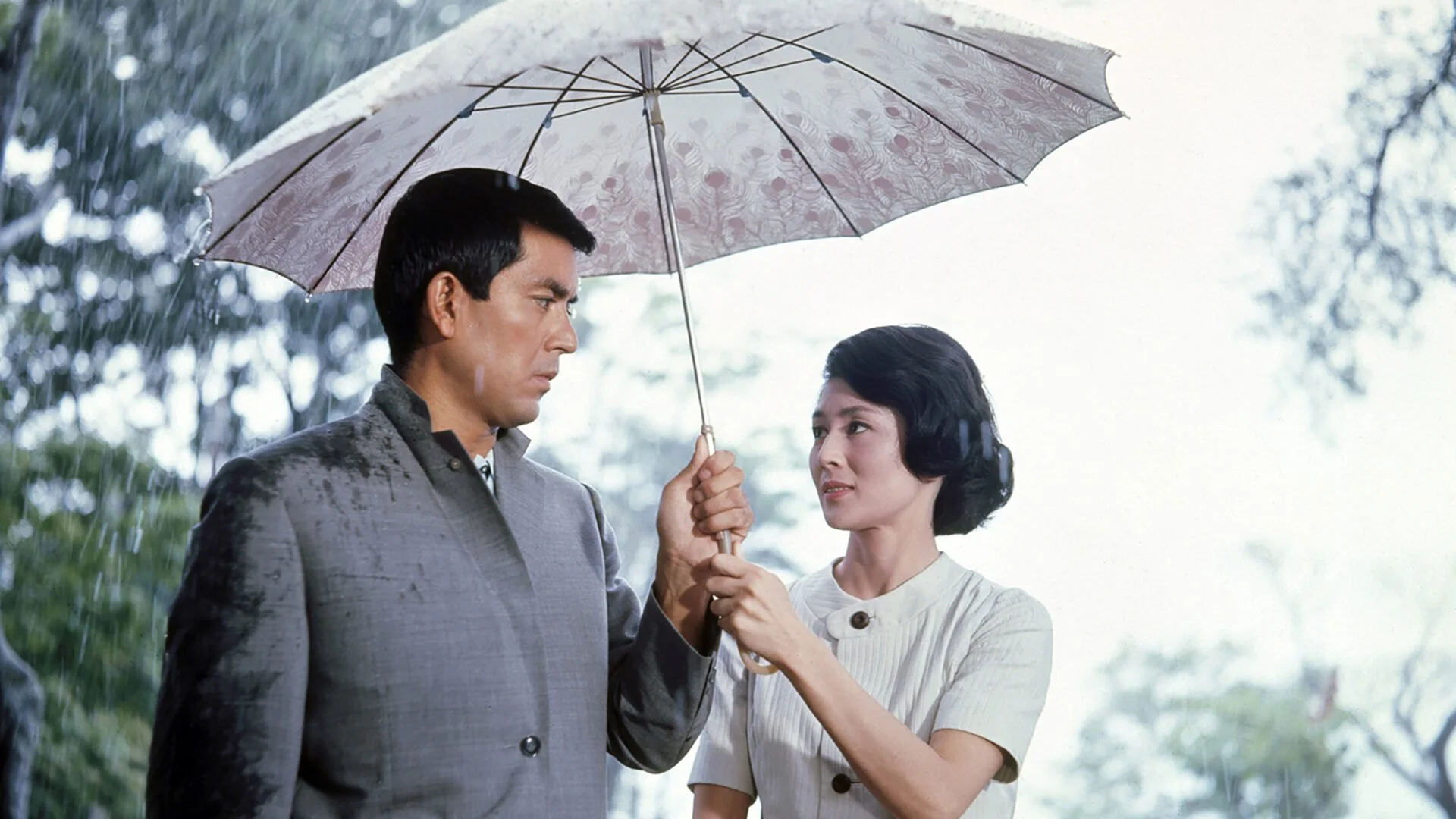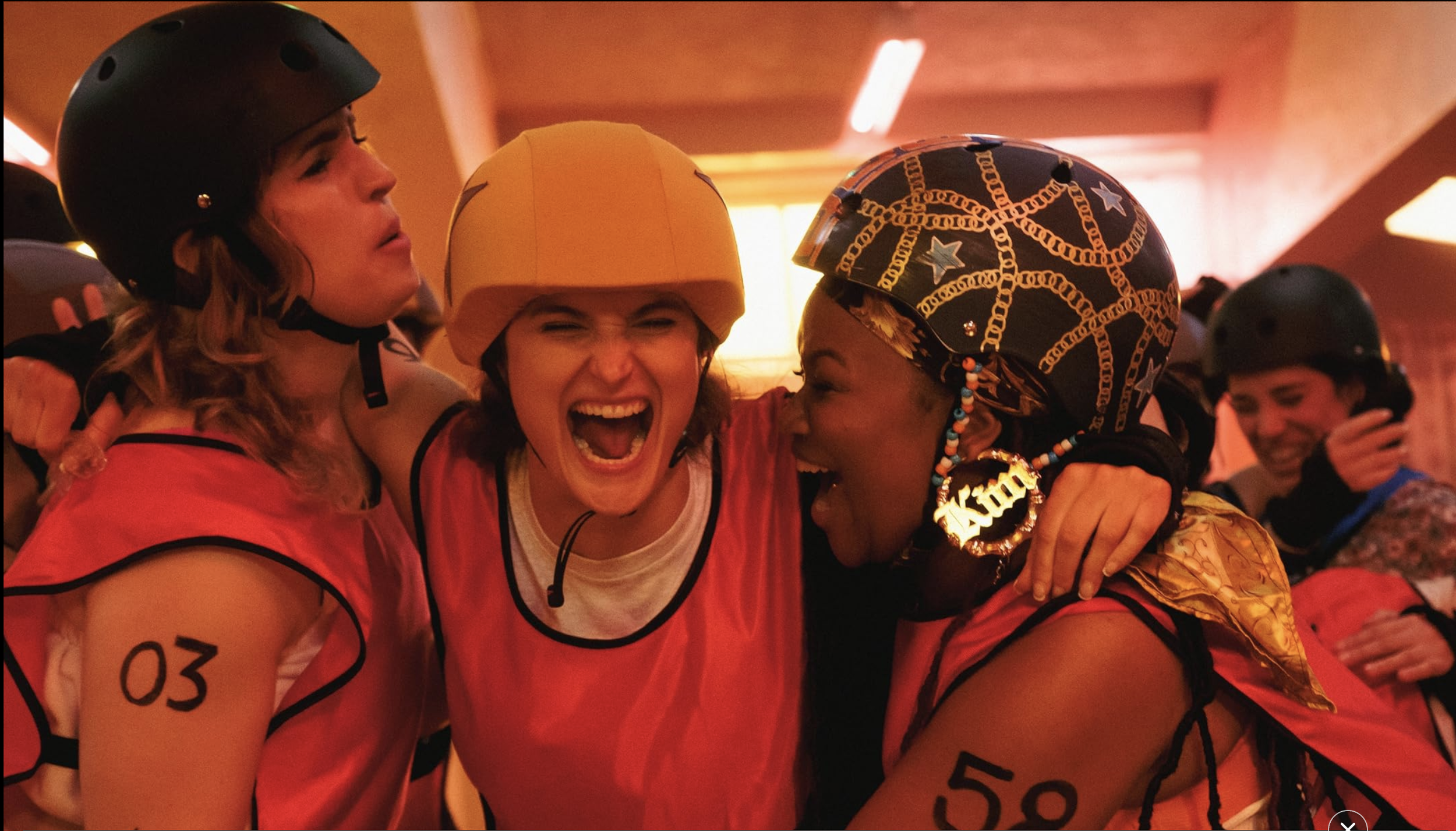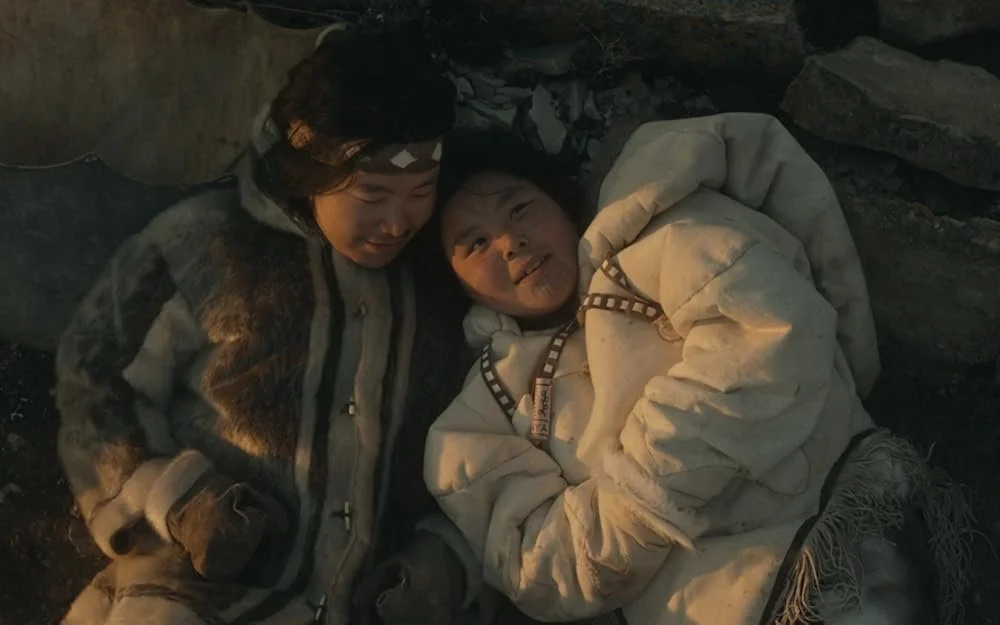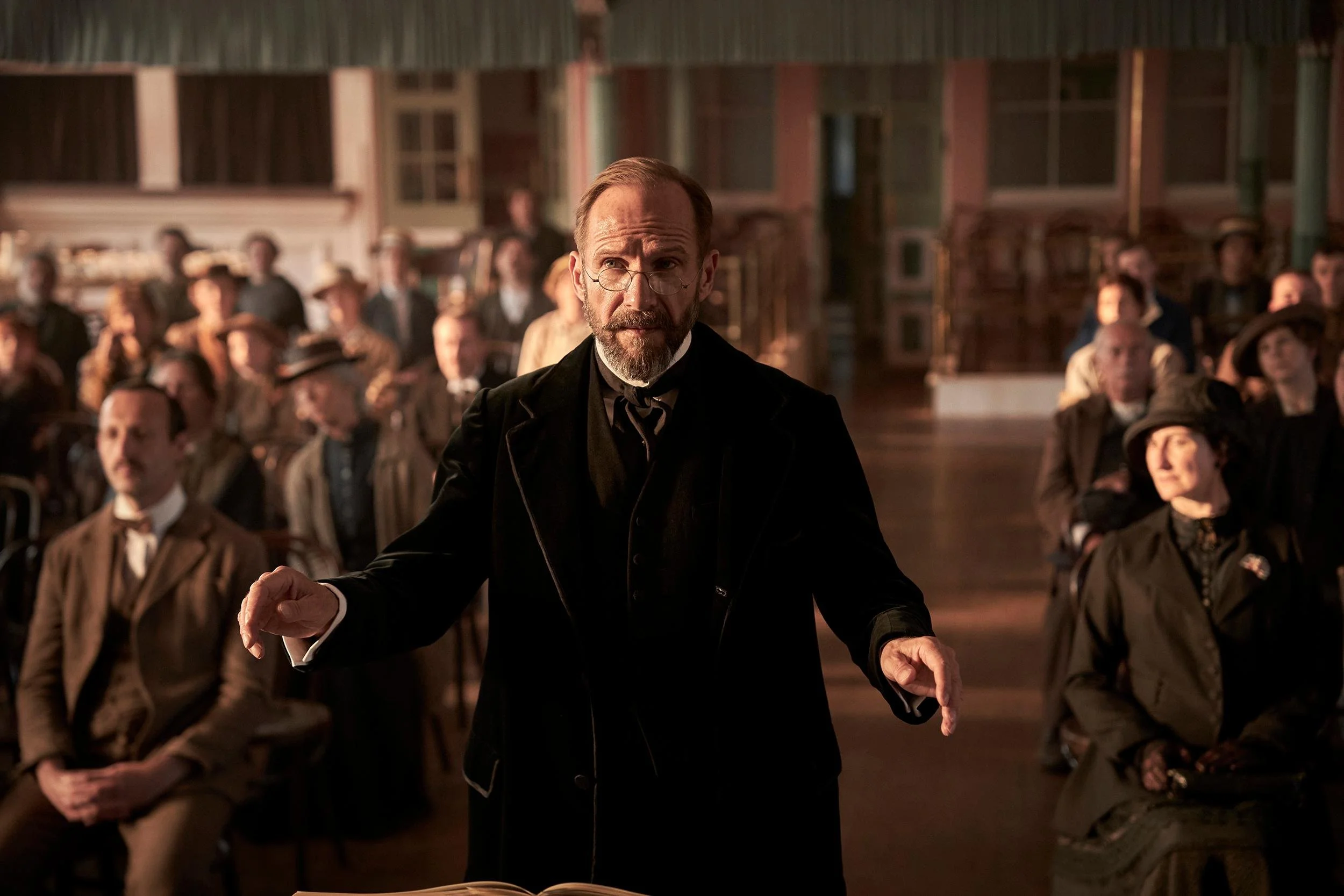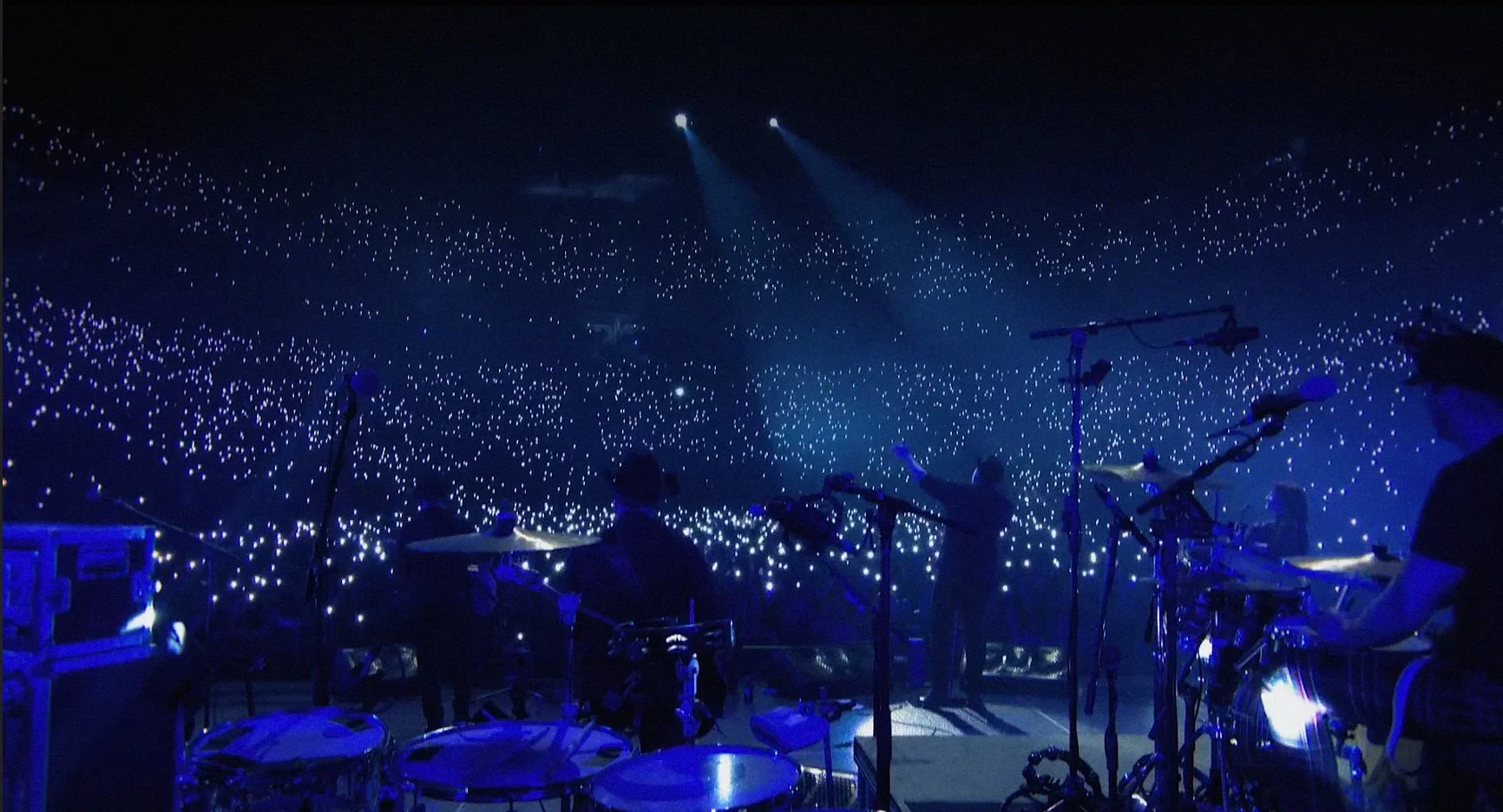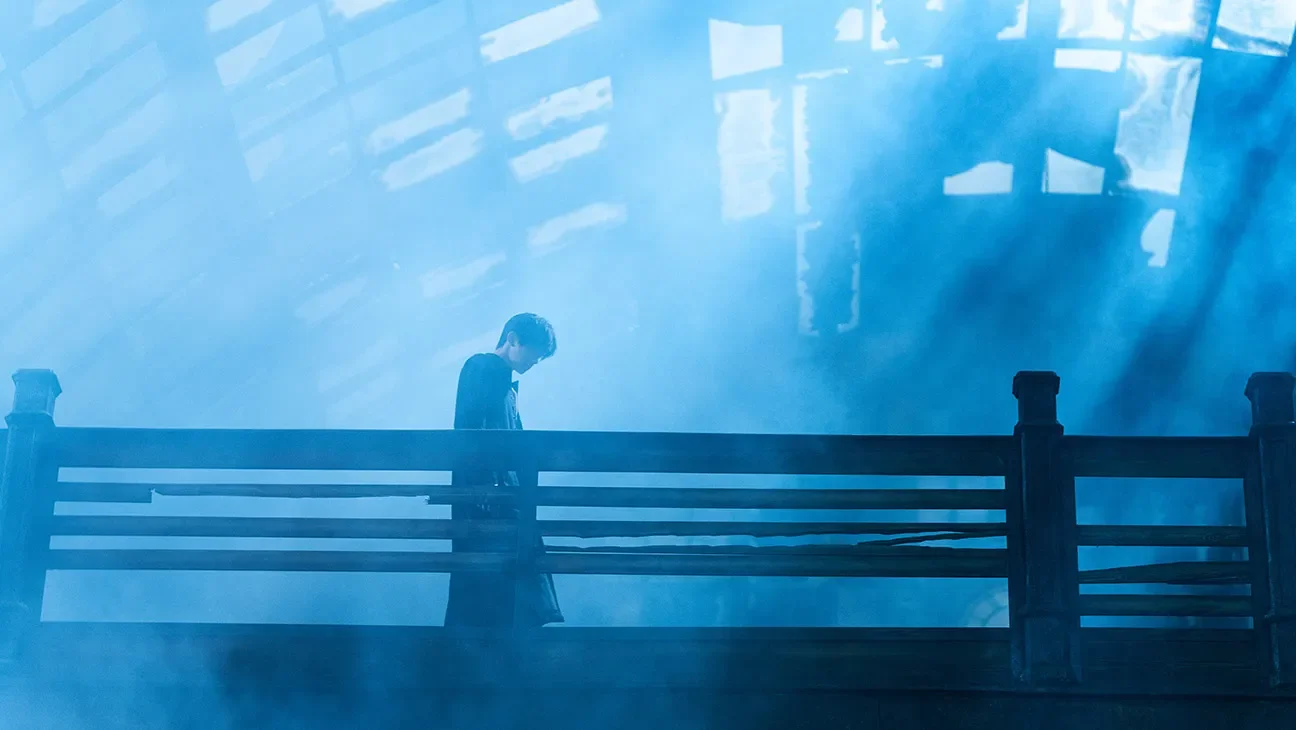Film review: Iron Butterflies takes a deeply unsettling look at Russia's downing of Malaysia Airlines Flight 17
Ukrainian filmmaker Roman Liyubyi’s experimentally poetic collage of evidence is by turns absurd, frightening, and enlightening
Iron Butterflies opens on August 25 at Cineplex International Villages, screening as part of The Impact Series
“CHILLING” ONLY BEGINS to describe the effect of watching Ukrainian filmmaker Roman Liyubyi’s poetic, painstaking collage of evidence that Russia downed the Malaysia Airlines Flight 17.
Back in 2014, in an incident that’s been largely neglected by the world, Russia made an aggressive act that should have sounded alarm bells. A Malaysia Airlines Boeing passenger jet was en route from Amsterdam to Kuala Lumpur when Russian-controlled forces hit it with a BUK missile from inside occupied Crimea. Two hundred and ninety-eight men, women, and children from different countries died; in the film, we learn it was the the largest attack on Dutch civilians since the Second World War.
If only the globe had taken more action.
Instead, as Liyubyi recounts here in an impressionistic, experimental, and unnarrated film that needs no “voice of god” to get its point across, international courts took a decade to get to the bottom of the attack. Three perpetrators were tried in absentia and will likely never face justice. Meanwhile, Russia has launched a full-fledged attack on Ukraine that continues today.
Liyubyi weaves together an eerily illustrated timeline, using flight-path graphs, intercepted radio conversations, and social media posts. One gruesome montage features Russian soldiers and civilians posing proudly in front of wreckage clearly bearing the Malaysia Airlines logo (despite early theorizing that militia thought the aircraft was a Ukrainian bomber). Another radio intercept captures a Russian who’s ordered in missiles referring to the aircraft as a “birdy”. The archival material is so surreal—witness the time-lapse aerial footage of the crash site quickly being wiped of evidence—that Liyubyi hardly needs to include the expressionistic, black-and-white re-enactments he stages here.
What makes the documentary most compelling is its unique view into Russia’s propaganda system—the absurd, Orwellian web of lies it concocts to cover up the act. One minute a state-sponsored news reader is announcing that Russia has successfully downed a Ukrainian Defence Forces plane; the next, she’s blaming the UDF for downing a passenger jet. As the film becomes more Kafka-esque, Russians start using horizon-line theory to show footage western investigators have of BUK trucks racing to the Crimean site are “falsified”. In another outrageous sequence, the manufacturer of the BUK missiles stages a half-ass re-enactment of the bombing that “proves” its weapons weren’t responsible for the attack.
The “butterfly” patterns on the shattered hull, and in the pilots’ bodies, argue otherwise. Liyubyi boldly shifts between cynical political commentary and affecting tragedy—finding the horror and the absurd in a world where lies are the norm, his electronic score adding to the general feeling of discombobulation. Hopefully his meticulous, artfully assembled, and hauntingly prescient lessons on Russia’s motivations—he started making the film in 2019—will help the world better understand the conflict that rages now. As laughable as Russia’s news clips and weapons advertisements are here, Iron Butterflies will leave you with a sense of serious unease.



